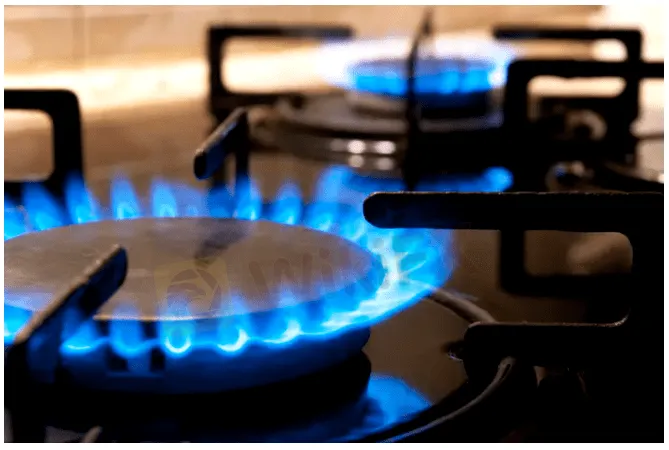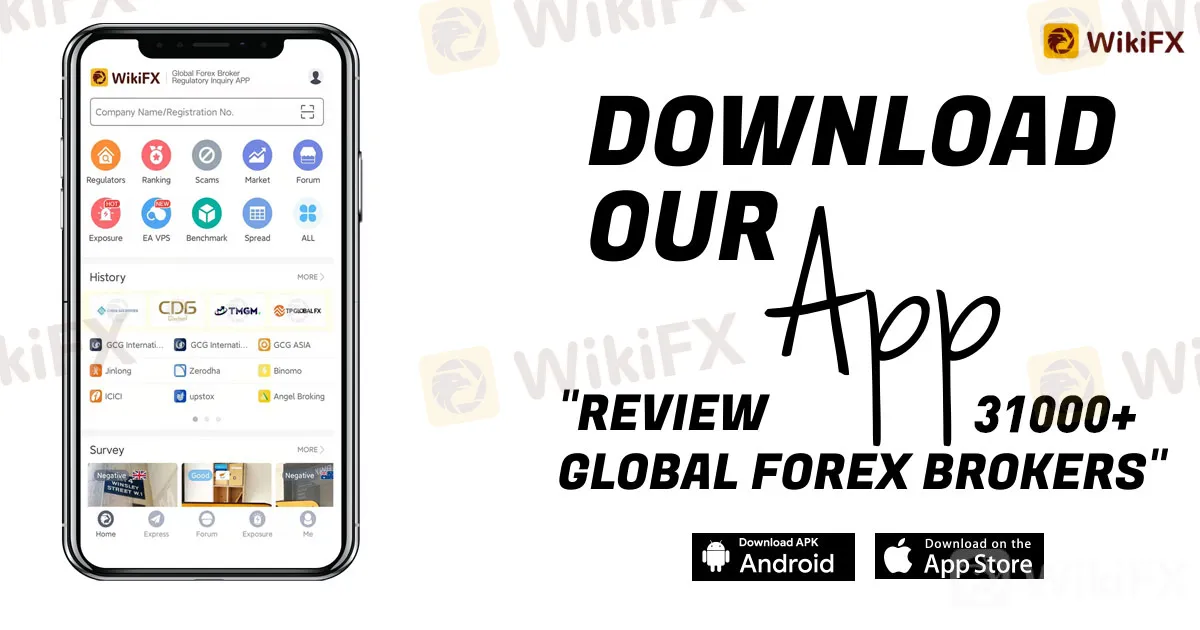简体中文
繁體中文
English
Pусский
日本語
ภาษาไทย
Tiếng Việt
Bahasa Indonesia
Español
हिन्दी
Filippiiniläinen
Français
Deutsch
Português
Türkçe
한국어
العربية
Russian Demand for Rouble Payments for Gas Further Complicates EU-Russia Energy Stand-off
Abstract:Russia‘s demand for so-called “unfriendly countries” to pay for natural gas in rouble will likely support the sanctions-hit Russian currency only near term through using the country’s energy leverage over Europe.

Russian President Vladimir Putin has asked the government to instruct state-controlled gas monopolist Gazprom to amend existing contracts such that “unfriendly countries”, including EU member states, start payment in rouble for imports of Russian natural gas. The Bank of Russia (CBR) is to develop a mechanism for processing such payment.
The near-term support for rouble will come at the cost for Russia of further encouraging the European Union to reduce its reliance on Russian energy imports as fast as possible – though that will take time given the infrastructure bottlenecks in the natural gas sector especially.
Financial gain looks moderate for Russia
Russia has already required exporters to sell 80% of forex revenue to support rouble since sanctions froze around half of Russian international reserves. Asking buyers of Russian natural gas to exchange hard currency for rouble increases this rate of rouble conversion to 100% as regards gas exports.
However, the foreign-currency sale requirement on Gazprom could have been increased to 100% anyhow. The move to demand payments in rouble is a strategic retaliation against the EU based upon leverage that Russia exercises as the most important supplier of natural gas to Europe, with Russian supplies amounting to more than 75% of aggregate gas demand of some countries in central and eastern Europe.
The Russian administration is also trying to increase the CBRs capacity to manage the currency by forcing trade in natural gas to take place in domestic currency and pushing major foreign-currency flows to take place via the CBR, a sign of how financial sanctions have damaged the role of the central bank in steerage of the Russian economy.
Rouble payments for gas could increase CBR capacity to function under a prevailing sanctions regime, given current limitations on the CBRs scope to transact with central banks in the European Union.
EU faces further energy-trading complexity, risk of gas-supply disruption
Russias latest demand could result in gas-contract renegotiation and changes in the duration of gas contracts on top of legal challenges should EU countries argue that the conversion would be a breach of contract. Around 58% of Gazprom gas sales to Europe and other countries are settled via euro, with another 39% in dollar. Any legal stalemate increases risk of disruptions in Russian exports to Europe, which could be painful for select countries short term.
In the longer run, Russias new measures are likely to accelerate EU efforts to diversify away from Russian oil and gas. The European Commission has outlined a plan to make Europe independent of Russian fossil fuels before 2030. This plan could lower demand for Russian gas by two thirds before the end of the current year. In the near term, an outcome of the Russian move could be for the EU to specify lower purchase volumes of Russian gas.
For a look at all of todays economic events, check out our economic calendar.
Levon Kameryan is Senior Analyst in Sovereign and Public Sector ratings at Scope Ratings GmbH.

Disclaimer:
The views in this article only represent the author's personal views, and do not constitute investment advice on this platform. This platform does not guarantee the accuracy, completeness and timeliness of the information in the article, and will not be liable for any loss caused by the use of or reliance on the information in the article.
Read more

Success and Failure Lie in Leverage
In forex trading, leverage is a very important concept as it allows you to control larger positions with a relatively small amount of capital. Of course, this also means that the risks are increased.

Top Regulated Forex Brokers with Prop Trading Options
Know the top regulated Forex brokers offering prop trading options. Learn about challenges, psychology, and the best programs for trading success.

Forex Regulators Around the World: Who’s the Strictest?
Forex trading takes place in markets all over the world. Regulators in different countries oversee brokers to ensure fair practices and protect traders. However, not all regulators are the same. Some have much stricter rules than others. Continue reading to discover the most trusted regulators in the financial sector.

What Happens When a Broker Goes Bankrupt?
Many trust brokers to hold their funds securely and facilitate their trades. However, when a broker collapses, the situation can become uncertain. Knowing what happens in such cases can help traders prepare and reduce potential losses.
WikiFX Broker
Latest News
Forex Regulators Around the World: Who’s the Strictest?
What Happens When a Broker Goes Bankrupt?
Top Regulated Forex Brokers with Prop Trading Options
Why More Traders Are Turning to Proprietary Firms for Success
Unlocking the Secrets of Prop Trading: How to Succeed in Proprietary Trading Firms
Tether’s $13B Profits in 2024 Amid UK Regulatory Scrutiny
Philippine Authorities Bust Manila Online Scam Farm, Arrest 100
Indian Budget 2025-26: What's New for Cryptocurrency?
Success and Failure Lie in Leverage
What the Movie Margin Call Taught Traders About Risk and Timing
Currency Calculator







